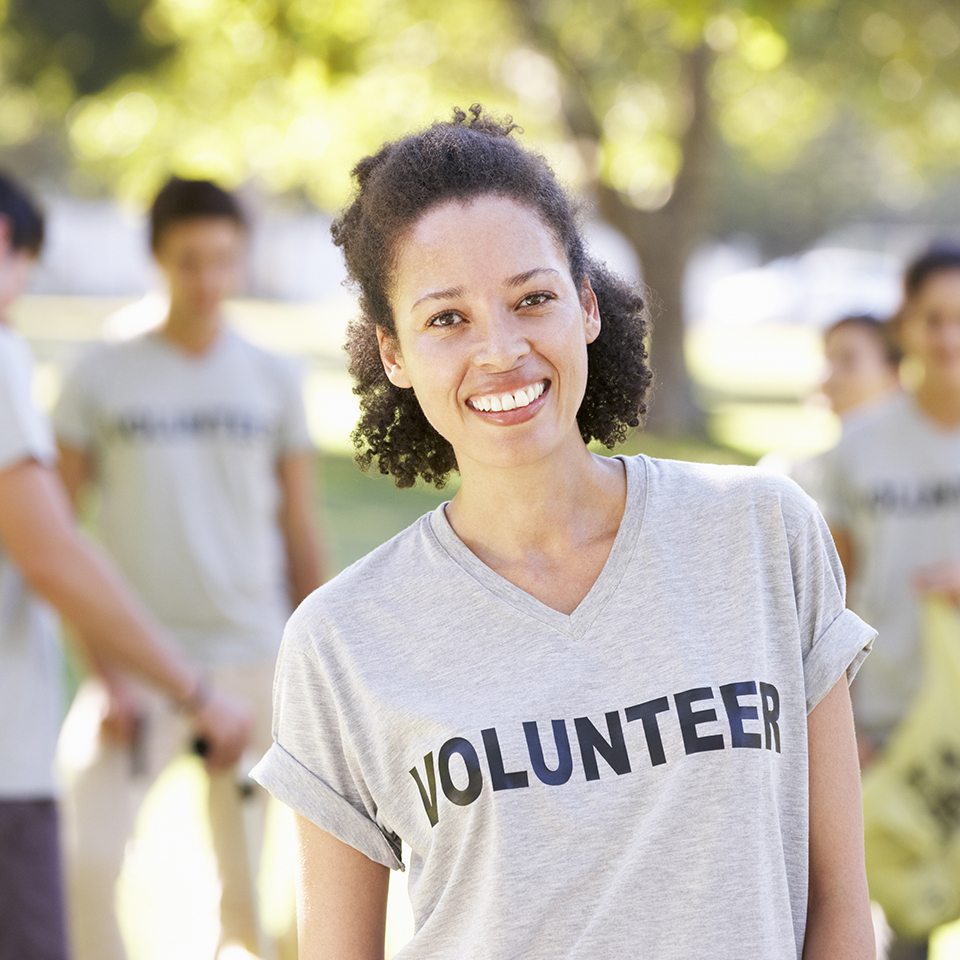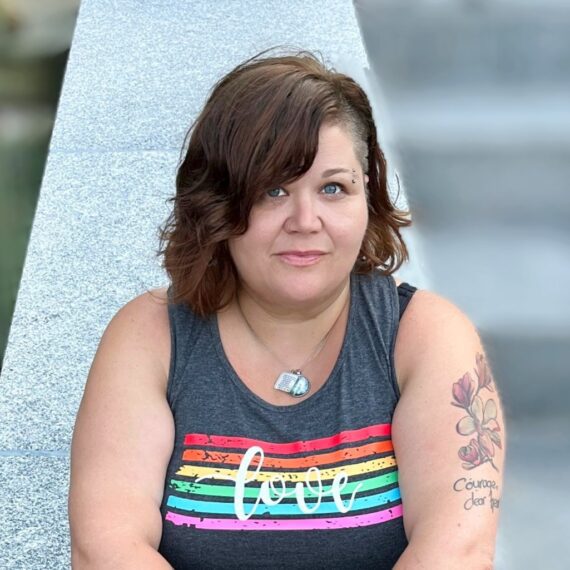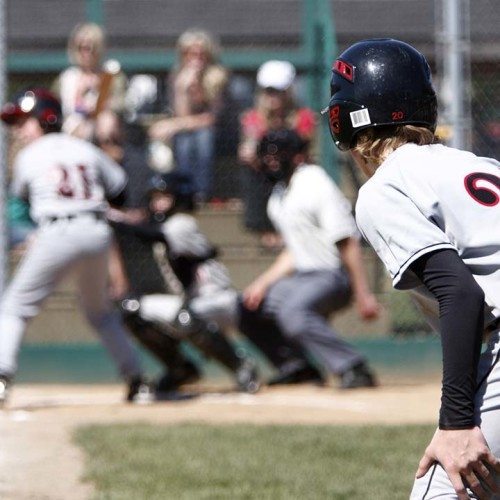Get Involved
Want to help create a safe, healthy community?

A Restorative Justice philosophy is at the heart of all of our programs. A distinctive value of Restorative Justice is involving community members in a meaningful way to create opportunities for healing and resolution in situations of crime, conflict, and abuse.
Rather than over-professionalizing our important peace-building activities, CJI staff equip and support well-trained volunteers as they carry out our frontline work. CJI staff coordinate services while volunteers deliver them.
Ways you could make a difference with CJI:
Mediation
Mediation volunteers help neighbours, friends, family members, co-workers, victims of crime and offenders to resolve conflict using Restorative Justice principles.
To volunteer:
- Pre-requisite training: Transformative Mediation training
- Note: In addition to Transformative Mediation training, we offer additional training to those looking to contribute to the work of our Restorative Responses to Harm or Crime (RRHC), Sulah, Family Mediation, and Elder Mediation programs.
Stride
Stride volunteers participate in recreational programming along federally-sentenced adults and support their community reintegration. We are looking for more stride volunteers and will be running our next Stride Training in November-December, 2023.
To volunteer:
- Attend CJI Agency Orientation
- Fill out the survey to demonstrate your interest
- Successful Interview
- 12-hour Stride Night Training
- Complete administrative package with Volunteer Coordinator
Students
Students completing a placement at CJI provide a variety of administrative and direct programming support.
Board Member
Revive
Revive volunteers co-facilitate education and support groups for offenders, survivors, and partners/family members of people impacted by sexual harm.
To volunteer:
- Attend Agency Orientation
- Pre-requisite training: Intro to Sexual Harm and Restorative Justice (Offered Fall or independent study) and Revive group facilitation training (Offered Spring)
- Successful Interview
- Complete administrative package with Volunteer Coordinator
Peer Mentor
CJI has an expanding number of opportunities to engage your skills as a Peer Mentor and to grow tools and awareness that equip you to cultivate healthy, supportive, mutual relationships.
To volunteer:
- Pre-requisite Training: Peer Mentor Foundations training
- Additional specific training is offered to support Peer Mentors in learning and developing relationships to support the diverse needs of the folks they may connect with, within various CJI programs
Administration
Administration volunteers provide evening reception coverage, assist with events and provide volunteer coordination support.
- Pre-requisite: Administrative Orientation
Register for the next Agency Orientation
If you are interested in a rewarding volunteer experience where you can have real impact on your community please register for our next Agency Orientation. This orientation is free of charge to anyone wanting to know about CJI and Restorative Justice.
Organizational Values
- CJI operates all of its programs guided by principles of Restorative Justice.
- Restorative Justice does not have to be delivered by professionals. We believe in equipping our community to do this important work.
- We strive to provide a safe and inclusive environment for our clients, volunteers and our staff.
Things you should know before coming to this session:
- We require a one-year commitment to volunteering at CJI
- There is training for all of our volunteer positions and ongoing support
- We accept volunteers over the age of 19. Some of our programs have further age restrictions.
- Most of our volunteer trainings have a fee. We may offer subsidy to a volunteer for whom a fee poses a barrier. Click here for more information
- We require criminal background checks on all of our staff and volunteers. It should be noted that we will consider volunteers who have criminal records.
- We facilitate some programs inside of institutions which require further screening. This might include reliability clearances and fingerprinting.
What you can expect:
- An overview of Restorative Justice and our founding Story the Elmira Case
- An introduction to CJI and all of the programs that we offer
- An introduction to the numerous volunteer positions available and the various trainings and processes that are required to volunteer
- An opportunity to ask questions and seek assistance with your application
- Next steps
CJI values diversity and fosters inclusion in our community.
NOTE: Our volunteer screening process includes a criminal records check. Past involvement with the justice system does not necessarily exclude you from volunteering with CJI. Discuss any concerns with our Volunteer Coordinator.
Steps to becoming a CJI volunteer:
- Attend Agency Orientation – register below for an upcoming date/time.
- Complete Volunteer Application-attach your resume.
- Complete program interview and required screening (varies depending on program requirements)
- Attend Program Training – check our calendar for the next training for the program you are interested in.
- Volunteer
- Attend peer supports and supervision



 READ MORE
READ MORE




